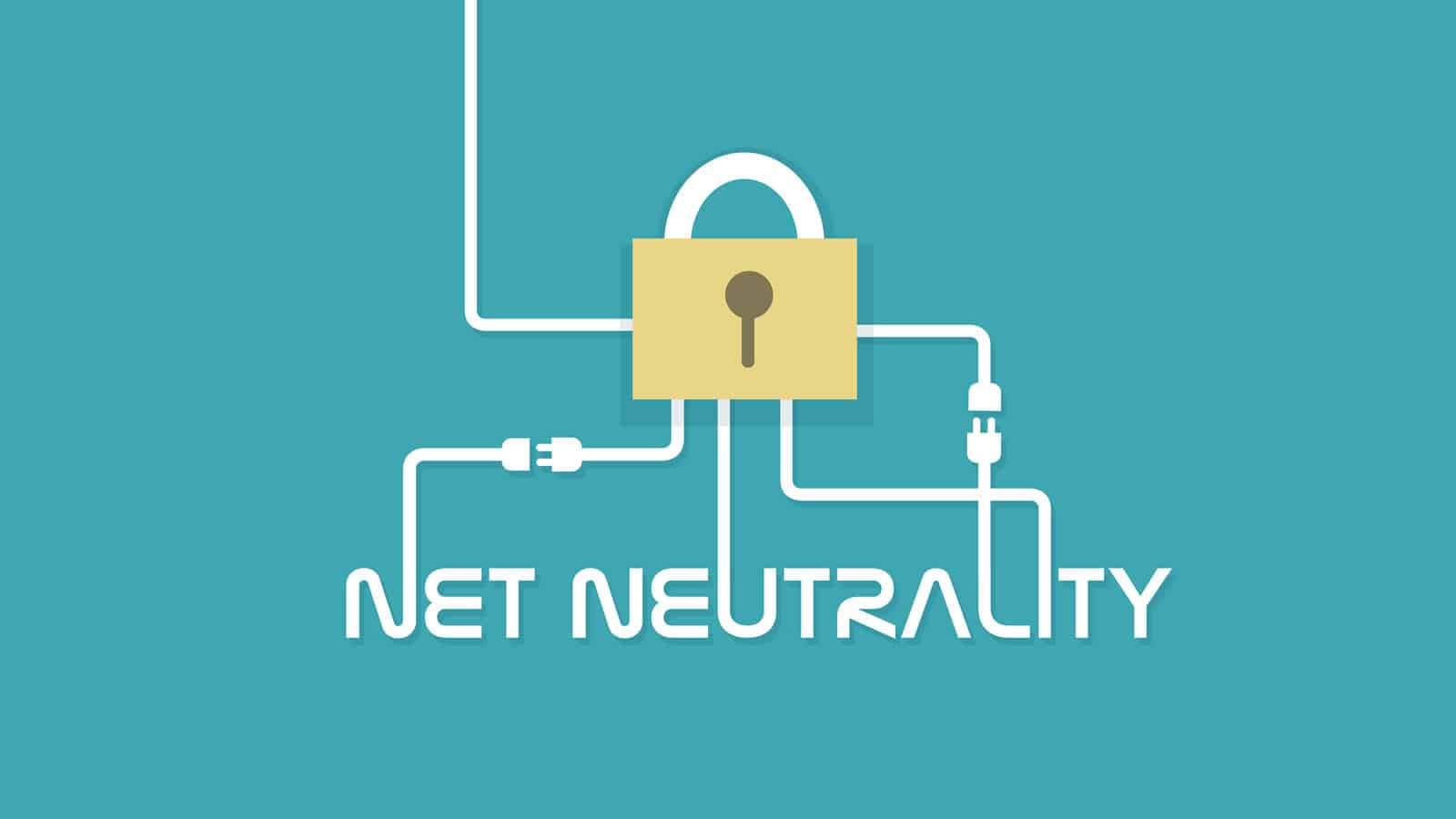Potential changes to net neutrality guidelines have digital companies wondering about how they will deliver content in the future.
Ajit Pai, the new chairman of the Federal Communications Commission, has expressed his opposition to net neutrality. As he takes control of the federal agency, tech leaders are asking: Are we headed for a new world for net neutrality?
Net Neutrality Defined
Net neutrality is a series of rules that restrict internet service providers (ISPs) from restricting, slowing, or speeding up access to certain websites or applications. Guidelines passed in recent years by the FCC have imposed rules that forbade ISPs from blocking, throttling or discriminating against content providers.
Without those rules in place, ISPs could conceivably play favorites with content providers or charge higher rates to those providers.
Even with the guidelines in place, some tech companies have been crying foul at how ISPs are favoring content. For example, AT&T has introduced a new streaming video tool available through DirecTV that does not count against a customer’s data limits.
If net neutrality guidelines are revised, content providers might have less leeway than they do today to ensure that content gets to its desired and existing customers.
In a December 2016 speech before the Free State Foundation, Pai argued that the net neutrality rules were implemented without evidence that there was a “systemic failure in the Internet marketplace. He noted that, on the day the rules passed, he said, “I do believe its days are numbered.” With the new administration in place, “I am more confident than ever that this prediction will come true,” he said.
What it Means for Content Providers
Digital providers should prepare for a rules rollback where ISPs have a distinct advantage over the types of content that can be accessed and the speed of those access points. Those providers that want to ensure their customers gain access are more likely to have to pay more to do so.
Small businesses may be vulnerable to any ISP preference rules. Larger companies such as Facebook, Google, and Netflix have enough influence and users that ISPs would likely want to remain in those company’s good graces.
Netflix, which has lobbied hard in favor of net neutrality in the past, noted in a recent earnings report that the company was not worried about potential changes.
Weakening of U.S. net neutrality laws, should that occur, is unlikely to materially affect our domestic margins or service quality because we are now popular enough with consumers to keep our relationships with ISPs stable.”Consumers could also be vulnerable, not knowing which content has preferred access and becoming frustrated at lags in loading times or functionality.
The future is still to be written on net neutrality. For now, companies should be preparing for possible changes and working to keep access to content seamless and transparent.
